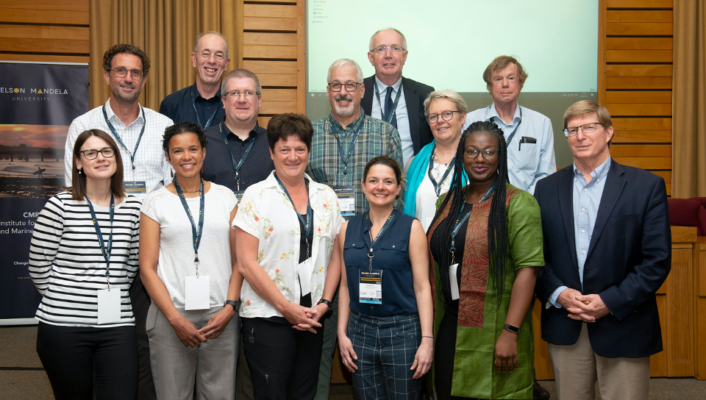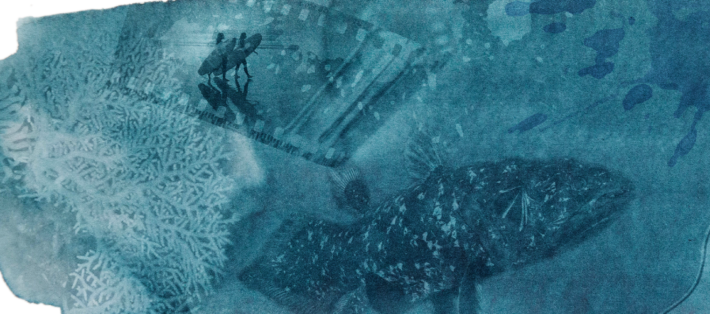Transformed and Transformative Ocean Governance


Nelson Mandela University’s Institute for Coastal and Marine Research (CMR), the SARChl Chair in the Law of the Sea and Development Africa, the SARChl Chair in Marine Spatial Planning hosted the Transformed and Transformative Ocean Governance Conference in Port Elizabeth, South Africa, from 22 to 24 January 2020.
A diverse range of stakeholders participated, including highly recognised academics, researchers, civil society, community members and industry representatives. Discussions concerned the challenges facing marine ecosystems and communities that depend on a healthy environment with debate often focusing on the growth of the ‘blue economy’ and calls to unseat and replace conventional thinking around ocean governance.
Several One Ocean Hub partners attended and presented on issues explored across its research programmes. Prof Patrick Vrancken presented on the importance of working towards equity for all under the Law of the Sea Convention and international law, linking this with South African constitutional law and the Marine Spatial Planning Act. Prof Vrancken also introduced insights from a draft briefing note by Prof Lorenzo Cotula and Thierry Berger on the interface between international investment law and the law of the sea. The issue of regulation and investment in marine resources was raised frequently throughout the conference and offered useful insights for ongoing Hub research. Dr Daniela Diz presented on the Sustainable Development Goal (SDG) 14 on oceans, and existing guidance to implement SDG 14.5 in a more equitable and biodiversity-inclusive manner. Dr Diz also presented on ongoing research related to the integration of human rights considerations into environmental impact assessments by better understanding ecosystem-services flows. Dr Bola Erinosho presented on women’s and children’s rights in Ghana in the context of small-scale fishing and constitutional-law reform. Prof Mandy Lombard presented debates and recent research findings concerning metrics to assess ocean health across governance and geographic scales. A civil society panel chaired by Taryn Pereira and Dr Dylan McGarry discussed means for enhancing collaboration between academia, researchers and civil society.
Conference attendees worked together to produce policy pointers for briefings and practical actions, an output on strengthening the role of academia within civil society for transformed and transformative ocean governance, and a journal article will combine the diverse contributions shared by experts during the Conference.